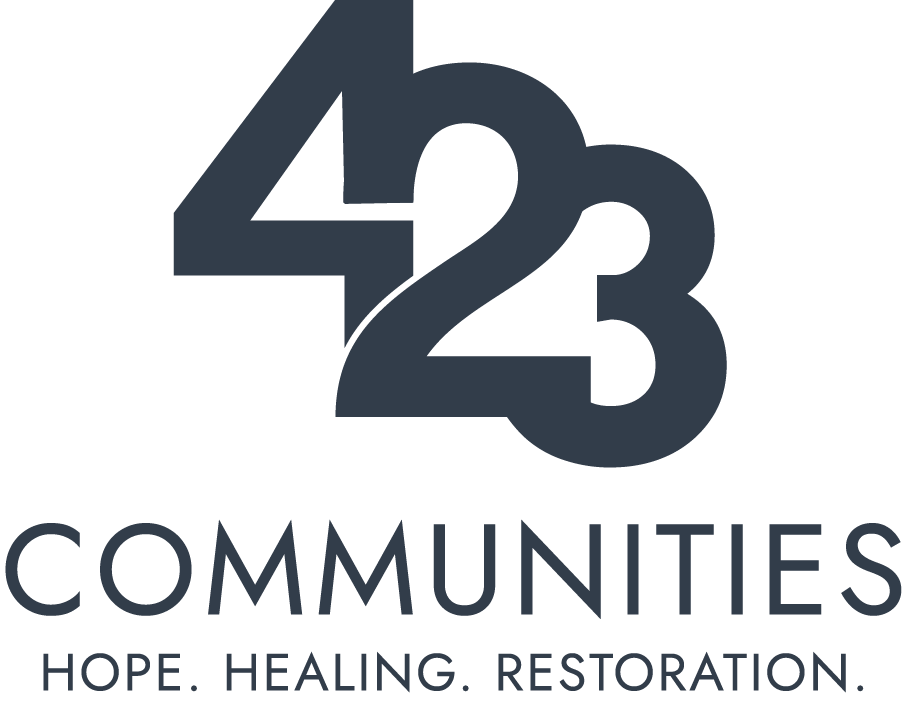What are Grounds for Stepping Aside from 423 Leadership?
“You consistently, though perhaps not perfectly, live above your sexual sobriety line or emotional health line. If you fall seriously below your “line,” you are willing to temporarily step aside from 423 Communities leadership for a time of self-focus and healing.[1]
Scripture (e.g., Genesis 2.24, 1st Corinthians 6.16-18, Hebrews 13.4, etc.) teaches that guilt-free sex with another person happens only between one man and one woman within the confines of the marital union. In the context of the sacred covenant of marriage, sex is an unparalleled gift from God. 423 Community leaders are called to uphold this biblical standard and model the God-ordained wonder, beauty, and sanctity of sex by their personal example of holiness.
There is a general minimum sexual sobriety standard to which all 423 leaders must adhere. If a leader directly involves another person in his or her sexual misconduct, this will be considered a serious fall and automatically require the leader to “step aside… for a time of self-focus and healing.” Involving another person includes such activities as going to a strip club or adult book store, a one night stand, sex with a prostitute, paying for a sexual massage, web cam computer sex, sexual intercourse with a girlfriend or fiancée, flirtation leading to an emotional affair, homosexual encounter; in short, any form of wrong sexual contact with a live person, or actual, physical fornication or adultery.
This restriction in no way condones so-called lesser or more common infractions such as the practice of masturbation while viewing internet pornography or pornographic magazines, use of “soft” pornography, sexualizing women, double-takes and second looks, uncontrolled lustful thoughts, movies with nudity, sexual fantasies, etc. A leader guilty of this ‘adultery of the heart’ described by Jesus in Matthew 5.27-28 must distinguish between a lapse (rare occurrence) and a relapse (consistent pattern of failure). Leaders in a frequent pattern of relapse should also temporarily step aside, even though their sin does not directly engage with or involve another living person. It is always appropriate for a leader to speak with the relapsing co-leader and suggest stepping aside when necessary. For this reason, you should identify and develop trustworthy men or women in your group as support leaders who can join our 423 Leadership Team and fill in for co-leaders who “step aside... for a time of self-focus and healing.”
A co-leader who “steps aside” should develop a strong relapse prevention plan in consultation with other 423 members. Stepping aside is almost always done as a temporary measure with the intention of restoring a brother or sister to active co-leadership according to Galatians 6.1 as soon as possible after repentance and healing take place. When a co-leader “step[s] aside from 423 Communities leadership for a time of self-focus and healing,” he or she is not stepping down from co-leadership, but rather stepping aside to support leadership. The reason a co-leader temporarily trades places with a support leader is made fully known to the members of his or her 423 group and the spouse (if married). Recovering leaders are expected to remain active in both their weekly 423 Communities group and the larger 423 Leader Team meetings, which act as a second layer of accountability and support during their “time of self-focus and healing.”
James taught, “Not many of you should become teachers, my fellow believers, because you know
that we who teach will be judged more strictly” (James 3.1). 423 leaders are called to a higher standard than 423 members. Paul encouraged his disciple Timothy to “take pains with these things; be absorbed in them, so that your progress will be evident to all” (1st Timothy 4.15).
As 423 Communities leaders, we know we are not perfect, but we willingly surrender ourselves to Jesus Christ and “take pains” to make our “progress… evident to all.”
[1] Qualification # 6 from “423 Communities Leader Qualifications and Responsibilities.”
